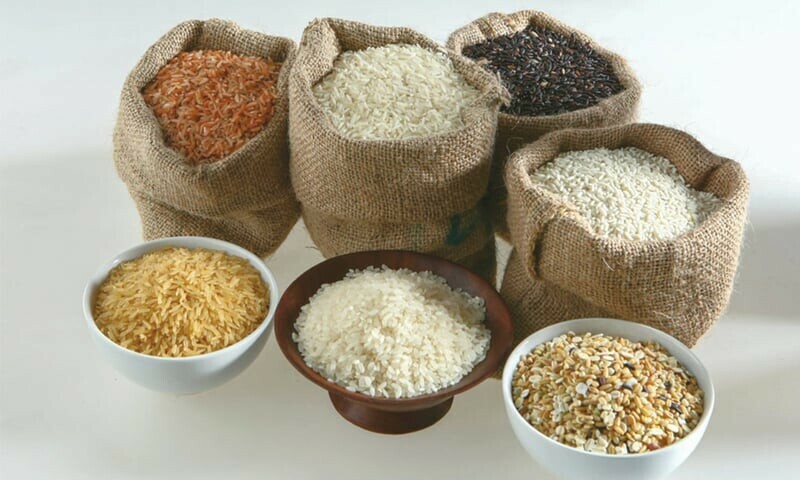ISLAMABAD: Pakistan’s raw food exports rose 1.62 per cent to $5.75 billion during the first nine months of the current fiscal year compared to $4.66bn a year ago, mainly driven by a significant rise in sugar and basmati rice shipments.
Exports have increased for 20 straight months despite unparalleled food inflation in the country’s history. Because of supply and demand imbalances, consumers nationwide pay more for food items, particularly sugar, meat, and poultry.
In June 2024, the government announced a policy allowing the export of 150,000 tonnes of sugar, conditional upon maintaining stable retail prices. However, this target was significantly surpassed, with sugar exports reaching 757,779 tonnes by March.
According to data from the Pakistan Bureau of Statistics (PBS), the monthly export figures were as follows: 39,158 tonnes in July, 46,990 tonnes in August, 51,452 tonnes in September, 49,643 tonnes in October, 166,283 tonnes in November, 279,273 tonnes in December, 124,793 tonnes in January, and 180 tonnes in February. However, no sugar exports were reported in March.
The PMLN-led coalition government again allowed sugar exports, which increased retail prices to Rs180 per kg, further fuelling inflation.
In FY23, the government permitted the export of 212,896 tonnes of sugar in three months.
Official figures compiled by the Pakistan Bureau of Statistics showed that rice significantly contributed to food exports.
However, the overall rice shipments fell 5.91pc to $2.76bn in value during 9MFY25 from $2.93bn, mainly due to a decline in non-basmati rice exports.
The product-wise details show that the quantity of basmati rice shipments rose by 21.78pc to 663,980 tonnes year-on-year and its value by 8.78pc to $676.96 million.
Exports of non-basmati rice dipped 9.87pc in value to $2.08bn in 9MFY25. However, 0.14pc increase was recorded in quantity to 4.02m tonnes.
New markets like Bangladesh opened up for Pakistani rice, further underscoring the sector’s growth potential. The rice sector is a major contributor to exports, especially in the European Union and the United Kingdom.
Due to sustained export growth over the past two years, the average price of basmati rice has surged to Rs400 per kg from Rs150, restricting buying from domestic consumers.
Meat exports increased by 0.99pc in 9MFY25 compared to the corresponding period of the previous year. The opening of new markets, participation of new companies in meat exports and approvals for additional slaughterhouses have contributed to this growth.
Meat prices in the domestic market have experienced an unparalleled surge in recent years. In the past three and a half years, the average cost of buffalo meat has jumped from Rs700 per kg to Rs16,00. The price of chicken has also experienced an unprecedented surge.Exports of vegetables have recorded a negative growth of 17.09pc in July-March FY25 from a year ago, mainly due to a drop in exports of onions, potatoes, and tomatoes. The export of fruits declined by 5.04pc during the months under review. The export of fish and fish products record a paltry growth of 8.15pc during the months under review.
Published in Dawn, April 20th, 2025


